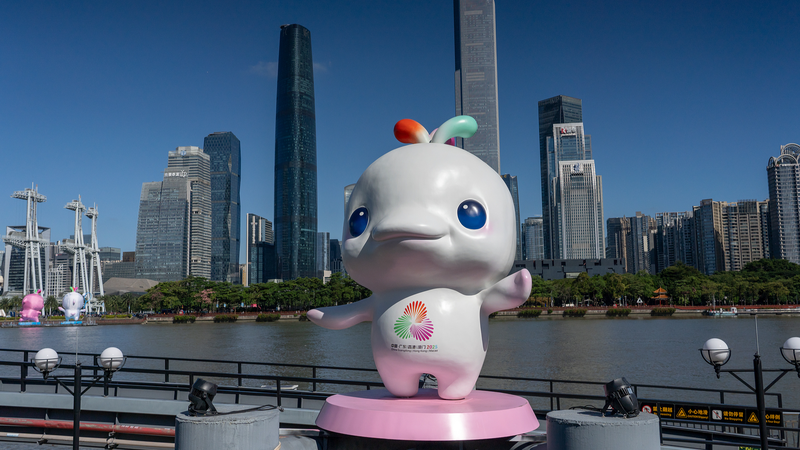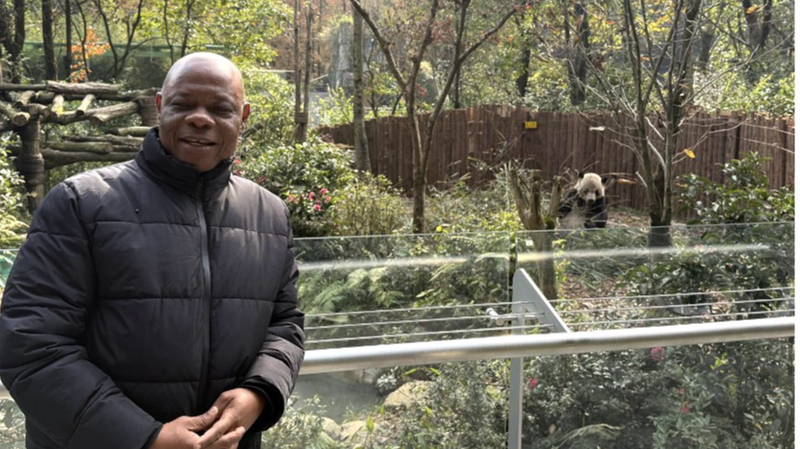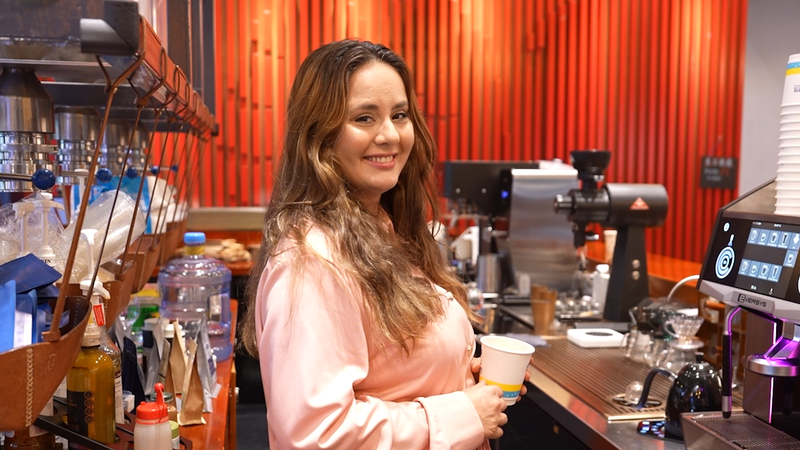Fast-Tracking GBA Integration through Sport
When China hosts its 15th National Games in November, it won’t just be an athletic showcase—it's a catalyst for bringing Guangdong Province, Hong Kong Special Administrative Region and Macao Special Administrative Region closer together under a unified "one-hour life-circle" vision. Spanning 19 cities, this will be the first edition co-hosted across all three regions, blending elite competition with strategic regional development.
Cross-Border Events Take Center Stage
From the opening ceremony in Guangzhou to the grand finale in Shenzhen, 8 events in Hong Kong Special Administrative Region and 5 in Macao Special Administrative Region—plus a mass-participation bowling event—every step underscores seamless mobility. A new cross-boundary road-cycling race will start in Zhuhai, wind through Macao and finish on Lantau Island, spotlighting the GBA's integrated transport network.
Six Pillars of Unified Operations
- Cross-border event planning
- Port and customs clearance
- Personnel and vehicle document coordination
- Food safety protocols
- Green event management
- Unified schedule management
Authorities say these six areas form the backbone of a smooth, secure multi-region Games experience.
Smart City Tech Powers the Games
Guangzhou's "Suizhiguan" city brain links autonomous vehicles, inspection robots and real-time incident responses—targeting a five-minute reaction time. A cloud-based platform uses IoT, AI, big data and digital twins to monitor venues in 3D, track equipment and even deploy AI to flag hazards like crowding or fire risks.
After the Games, 85% of the software and devices will be repurposed for urban governance, blending event management with city operations.
Green Innovations Keep Athletes and Fans Cool
Hong Kong teams have outfitted nearly 100 volunteer stations with passive cooling garments—micro-nano coatings that drop temperatures by 5°C without electricity. This tech is set to save around 380,000a0kWh and cut nearly 200 tonnes of CO2 emissions.
A HKUST-developed smartphone navigation app will guide spectators to seats, ensuring fast, hassle-free venue access.
Macao's "1+4" Economic Push
For Macao, the Games align with its "1+4" diversification strategy: a world-class tourism hub plus big health, finance, tech, culture, sports and trade sectors. By leveraging existing venues and integrating them into broader planning, Macao aims to boost tourism and cement its place as a "city of sports."
Legacy and Long-Term Impact
Experts predict the 15th National Games will leave a legacy of upgraded infrastructure, tech-driven city governance and cross-border institutional collaboration, propelling the GBA toward its goal of becoming a global economic powerhouse.
More than just medals will be at stake—this Games exemplifies how sport can bridge regions, industries and technologies.
Reference(s):
China's 15th National Games puts GBA integration on fast track
cgtn.com




